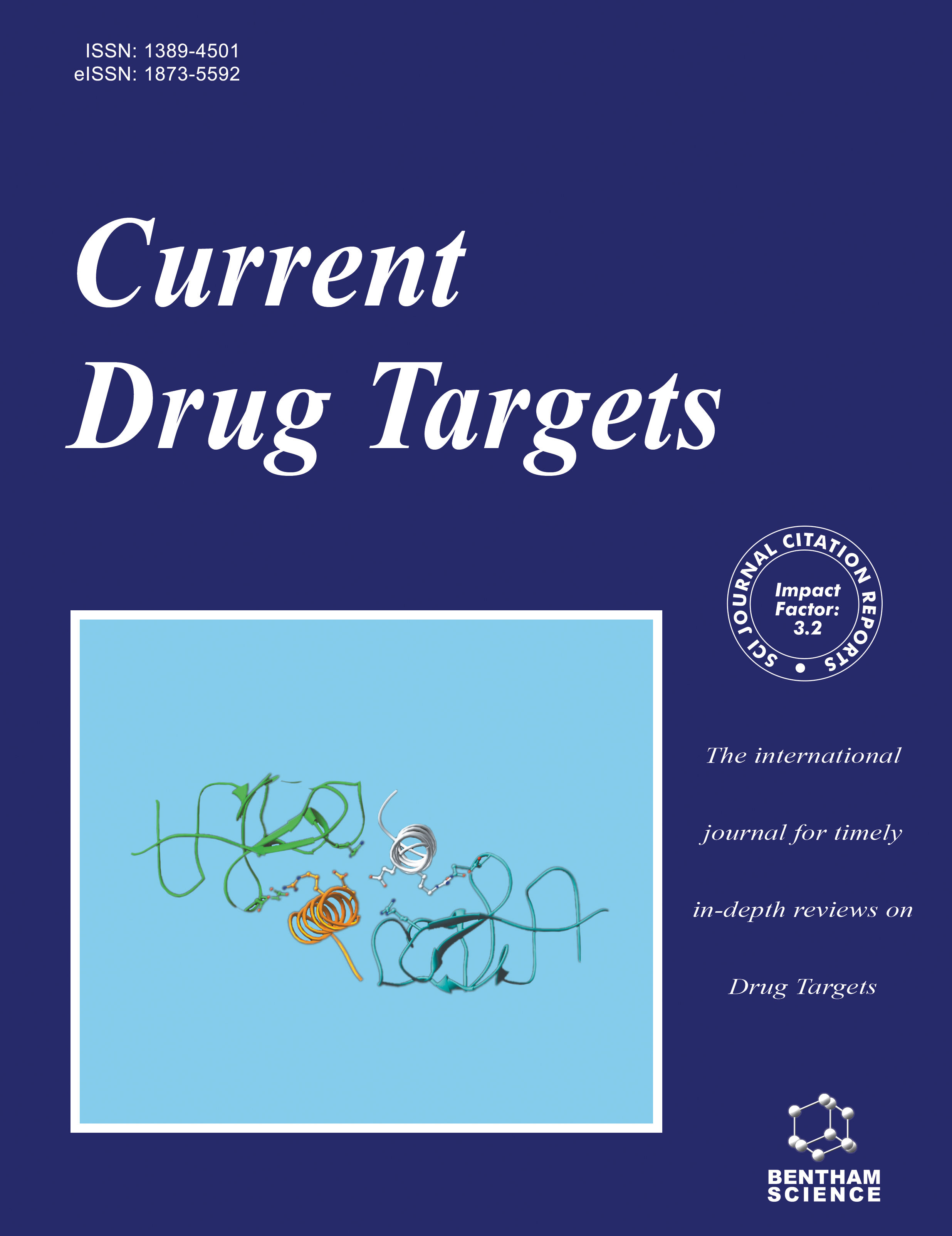
Full text loading...
Aging is a complex biological process marked by progressive cellular and tissue decline, leading to an increased risk of age-related diseases. Plant-based natural compounds, including polyphenols, flavonoids, carotenoids, alkaloids, and terpenoids, have gained attention for their potential in mitigating aging-related damage through antioxidant, anti-inflammatory, and cellular repair mechanisms. The review identified that plant-derived bioactive compounds target key pathways involved in aging, including Sirtuins (SIRT1), AMP-activated protein kinase (AMPK), and Nuclear Factor-kappa B (NF-κB). These compounds address key hallmarks of aging, such as oxidative stress, mitochondrial dysfunction, cellular senescence, and chronic inflammation. Evidence suggests their potential in preventing or delaying age-related disorders, including neurodegenerative diseases, cardiovascular conditions, and skin aging. Plant-derived compounds offer a promising alternative to synthetic anti-aging interventions due to their efficacy, safety, and sustainability. However, challenges such as low bioavailability and limited clinical validation must be addressed. Advances in drug delivery systems and comprehensive clinical trials are critical to realizing their full therapeutic potential. Plant-based bioactive compounds represent a significant opportunity for developing safer and more sustainable anti-aging therapies. Continued research is essential to overcome existing limitations and facilitate the integration of these approaches into mainstream healthcare practices.

Article metrics loading...

Full text loading...
References


Data & Media loading...

